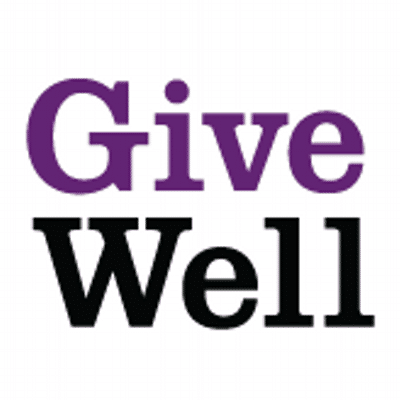/ RecruitingNot ApplicableIIT Testing a Scalable Model of the Cholera Hospital-Based Intervention for 7 Days (CHoBI7)
The findings from previous recent randomized controlled trials of The Cholera Hospital Based Intervention for 7 Days (CHoBI7) demonstrated that this intervention was effective in significantly reducing symptomatic cholera infections, diarrheal disease, and stunting among young children in intervention households, and had significant sustained impacts on handwashing with soap behaviors and improved water quality 12 months post intervention. Therefore, the investigators next step in the transition to scale is to: (1) To tailor the CHoBI7 program for delivery in rural health facilities and market test the CHoBI7 Program to determine the feasibility of providing a modified water, sanitation, and hygiene (WASH) package with only a soapy water bottle and chlorine tablets in both urban and rural settings through formative research and engagement of key stakeholders (Formative Research Phase); and (2) To evaluate the effectiveness of delivering the CHoBI7 program in district hospitals and sub-district health complexes in rural areas in terms of increases in WASH behaviors and decreases in diarrheal disease by conducting a randomized controlled trial (RCT) (Intervention Implementation and Evaluation Phase).
/ CompletedNot ApplicableIIT Randomized Evaluation of a Conditional Cash Transfer Program for Routine Immunizations of Infants in Nigeria
Previous studies have shown that a small incentive can have a large impact on health behaviors like vaccinating children. New Incentives, an international non-governmental organization (NGO), aims to boost demand for immunization by offering cash incentives to caregivers who have their child vaccinated at a program clinic. In collaboration with New Incentives, IDinsight is conducting a study to see whether this approach will increase immunization in North West Nigeria. This study aims to investigate whether giving cash to caregivers in North West Nigeria who bring their infants to receive vaccination against common infections (tuberculosis, diphtheria, tetanus, pertussis, hepatitis B virus (HBV) infection, Haemophilus influenzae Type B (Hib), pneumococcal bacteria, measles, rotavirus, polio, yellow fever) increases the proportion of children who are immunized. The study's main hypothesis is that New Incentives' program will increase the percentage of children immunized with BCG, any PENTA, or Measles 1 by an average increase of at least 7-percentage points across all program clinics that share a similar profile to the clinics New Incentives will operate in at scale. The study is taking place in Jigawa, Katsina, and Zamfara States between August 2017 and January 2020.
/ CompletedNot Applicable Measles Vaccination Cash Incentives Experimental Evidence From Nigeria
IDinsight is conducting a randomized controlled trial to assess the impact of various sized cash incentives for caretakers of infants that require a 9-month measles vaccination on the completion rate for the vaccine in Nigeria. The purpose of the experiment is to help New Incentives (NI) determine the optimal size of the incentive as they scale to the North West region of Nigeria.
100 Clinical Results associated with GiveWell
0 Patents (Medical) associated with GiveWell
100 Deals associated with GiveWell
100 Translational Medicine associated with GiveWell








